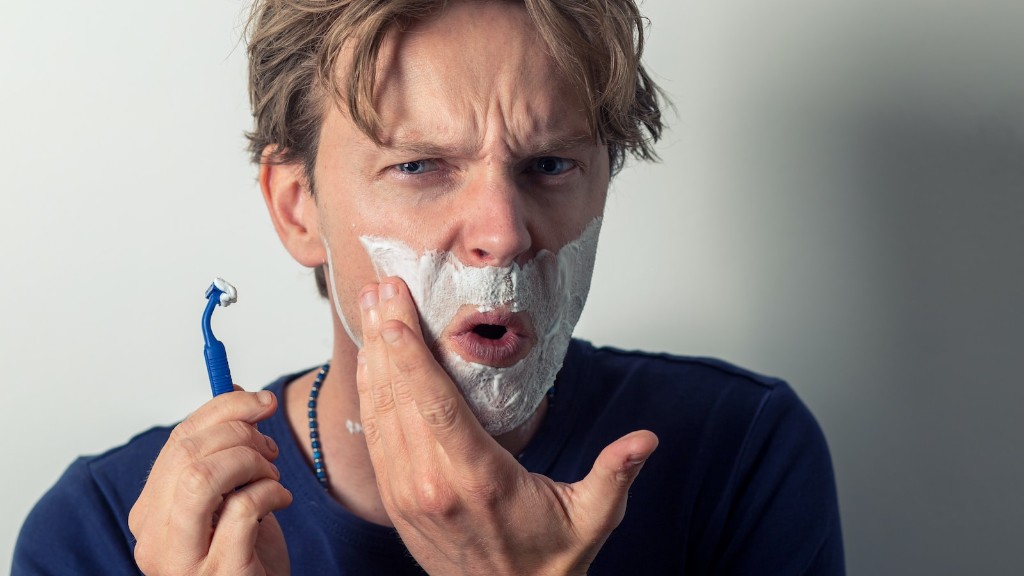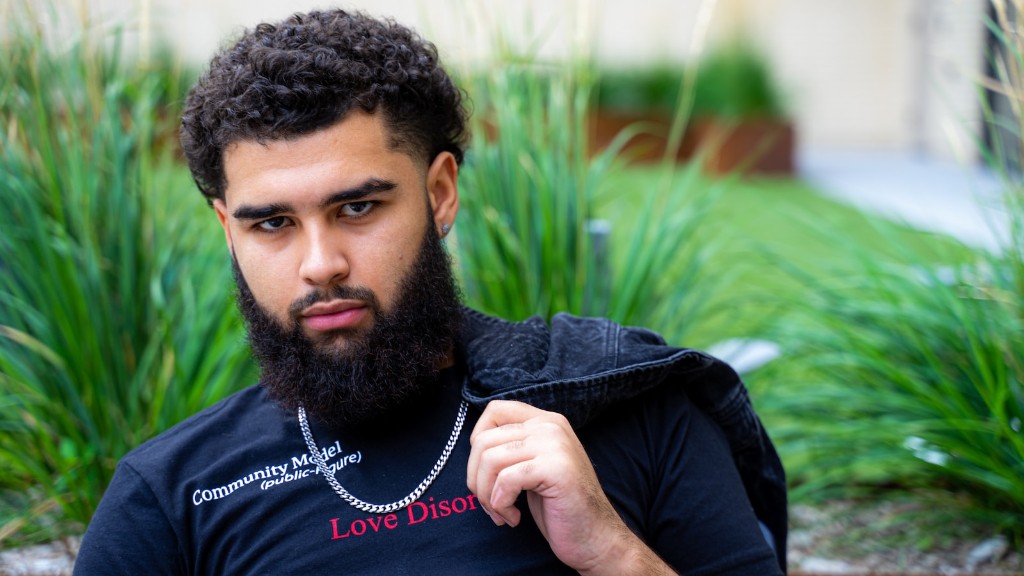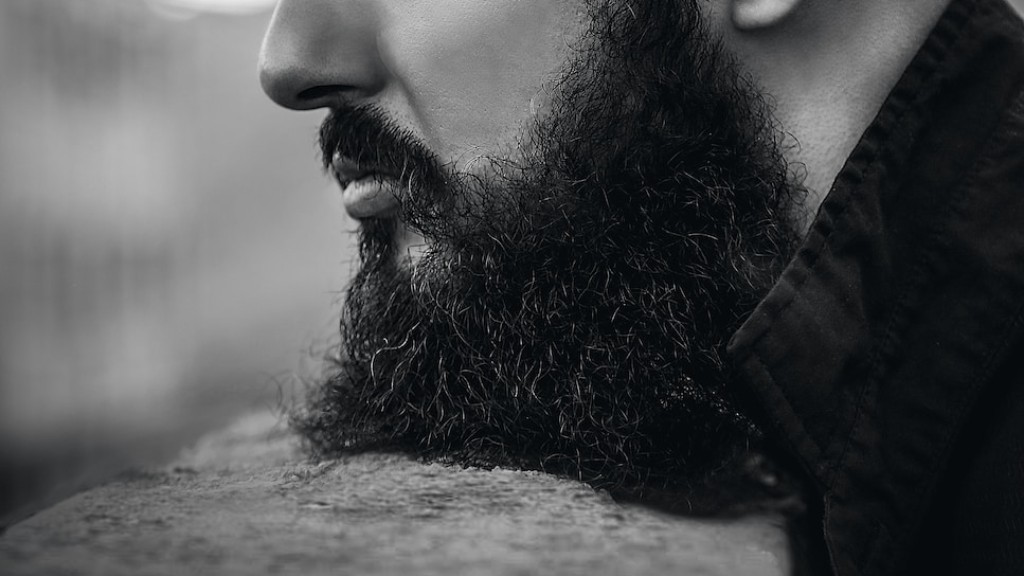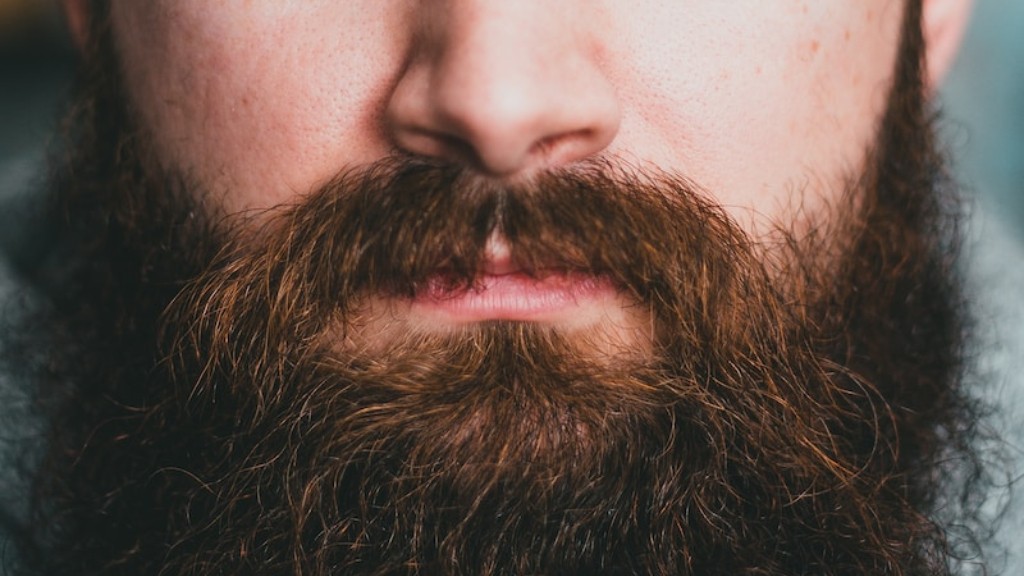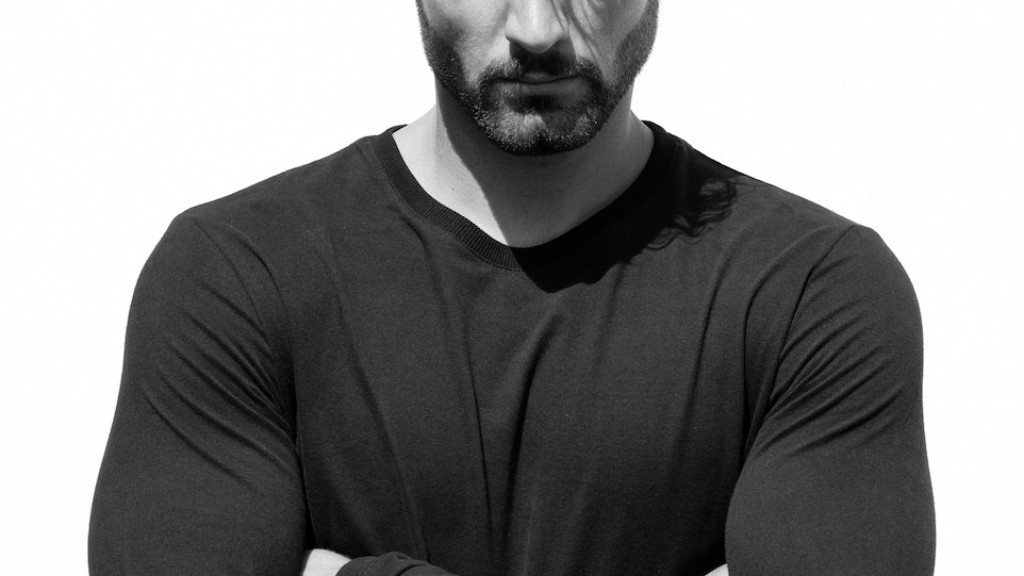The ability to grow a beard is a trait that is determined by your genetics. If your father could grow a beard, then you are more likely to be able to grow one as well. However, not every man can grow a beard. Some men have patchy beards, while others cannot grow facial hair at all.
No, not every man can grow a beard. Some men have patchy beards, and some men cannot grow facial hair at all.
Are all men able to grow beards?
Most men have similar levels of testosterone, but not every man can grow a beard. External support may help you grow a beard in certain cases, but if your genes are not aligned, or you have a disease like Alopecia, you won’t be able to grow a beard.
There are many reasons why someone may have difficulty growing facial hair, from genetic factors to simple changes in hormone levels. Whatever the cause, it can be frustrating for those who want to grow a beard but can’t seem to make it happen. Studies have shown that up to 50% of men have difficulty growing facial hair, so you’re not alone. There are a number of things you can try to help encourage growth, from using special shampoos and conditioners to trying supplements. Talk to your doctor about what might be best for you.
Why do some men not grow beards
Dr Jennifer Chwalek is a medical doctor who specializes in the study of hair. She has stated that the growth of facial hair is based on a combination of genetics and hormones. Some men have more hair follicles than others, which allows them to grow denser, coarser beards. Testosterone, the hormone responsible for the growth of facial hair, is converted in the hair follicle to a more potent form called dihydrotestosterone.
There is no one answer to this question as everyone develops facial hair at different rates. However, generally speaking, men typically start developing facial hair in the later stages of puberty or adolescence, around fifteen years of age. Most men do not finish developing a full adult beard until around eighteen or later.
What determines if a man can grow a beard?
While the number of hair follicles a man has is determined at birth, the thickness and density of his beard is determined by genetics. Some ethnicities, like men from the Far East (China, Japan), have less beard hair which mainly grows around the mouth.
Testosterone and Dihydrotestosterone (DHT) are both hormones that play a role in regulating and stimulating facial hair growth. In most cases, higher levels of Testosterone and DHT result in faster, thicker, and better beard growth. However, low levels of Testosterone can negatively affect your beard growth. If you are concerned about your beard growth, it is important to speak with a doctor to see if your Testosterone levels are within a healthy range.
Does no beard mean less testosterone?
There is no evidence to support the hypothesis that beards are honest signals of the beard owners’ testosterone levels and dominance. The results showed that beard length was not related to testosterone levels or dominance.
There is no denying that some people are predisposed to having thicker facial hair than others. Unfortunately, there is not much that can be done to change this. However, there are some things that can be done to improve the chances of growing thicker facial hair. First and foremost, it is important to give yourself time. Many people give up before seeing any results, but it can take several weeks, or even months, for facial hair to really start thickening up. Secondly, make sure to give your beard or moustache regular care and attention. This means keeping it trimmed and well-groomed, as well as using products that can help to promote growth. With a little patience and effort, it is possible to achieve thicker, fuller facial hair.
Why am I 22 and cant grow a beard
Facial hair is determined by many factors, including genetics. This means that some people are more likely to grow thick, full beards than others. Additionally, the age at which a beard reaches its full potential can vary depending on the person. For most people, the beard will continue to develop in thickness and coarseness until around age 30. So if you’re 18 and wondering why you don’t have a full beard yet, it’s likely because it just hasn’t reached its full potential yet. Ethnicity can also play a role in the thickness and fullness of a beard.
Testosterone is a hormone that affects the growth of facial hair, and its levels can vary. Males between 19 and 38 typically have a range of 264 to 916 nanograms per deciliter. This represents the 25th to 975th percentile for testosterone. Low testosterone can adversely affect beard growth.
Why can’t I grow a beard at 23?
The amount of facial hair you grow is largely determined by your genes. You may continue to see an increase in hair growth up until around age 30. After that, you may want to consider a beard hair transplant if you feel you are not achieving the desired level of growth. There are many misconceptions about how much facial hair one can grow, and it is important to consult with a specialist to get accurate information.
There are many possible causes of poor beard growth, but testosterone is not as significant a factor as many people believe. Genetics are much more likely to be the primary cause of someone’s inability to grow a beard.
Does shaving help beard growth
Shaving your beard will not make it grow back any better. In fact, scientific studies have shown that our knowledge of hair follicles and our skin has greatly evolved to allow us to understand how it works, and shaving your beard has no impact on its growth, its thickness, or even its hardness. So, if you’re looking to improve your beard, you’re better off skipping the razor and focusing on other methods.
Growth charts show that most guys stop growing just a little after the ages of 18. In rare cases, some people may hit puberty in their late teens and continue to grow into their early twenties. The reason most guys stop growing at this age is because their growth plates fuse shortly after puberty.
Is beard testosterone or genetics?
Facial hair growth is largely propelled by testosterone, a hormone present in both men and women. Testosterone levels can vary significantly between individuals, and variations in testosterone levels have been linked with changes in facial hair growth. For example, men with higher levels of testosterone tend to have thicker, more luxurious beards, while men with lower levels of testosterone may have patchier, thinner beards. In general, however, the amount of facial hair present is largely determined by genetic factors.
There is no real surprise that Caucasians have the most facial hair when compared to other races. This is likely due to the fact that they also have the most body hair overall. Black people also have a considerable amount of facial hair, which puts them second on the list of ethnicities with the most facial hair.
Warp Up
No, not every man can grow a beard. Some men have patchy beards, while others have very fine hair that doesn’t grow in thick enough to create a beard.
No, not every man can grow a beard. Some men have patchy beards or beards that do not grow in evenly. Others have very fine hair on their face that does not grow in thick enough to be considered a beard. Some men can grow a beard, but choose not to.

